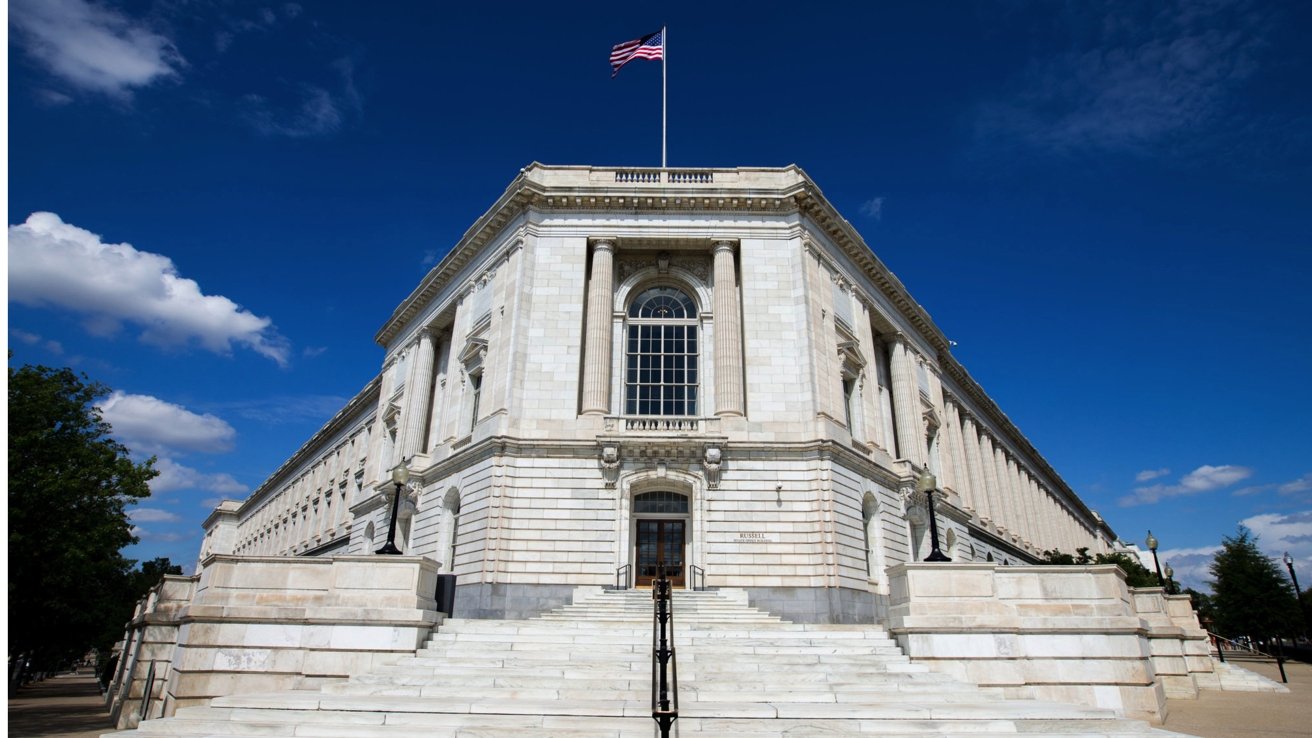The US Senate is taking another shot at limitations of big tech power, this time focusing on companies preferring and featuring its own services over those of competitors.

The legislation, said to debut on Thursday, is intended to cut back the power of big tech companies, and rein in what the US Government believes is anti-trust activity. For example, it would prevent Apple from putting an ad for Apple Music on App Store search results for competitors like Tidal or Spotify.
More widely, it would prevent Google from putting its own services at the top of a search query. Other self-preferencing behaviors like misuse of a company's data to compete against it, and unfairly preventing a product from working on a dominant platform are said to be included.
The bill appears to be a modification of a similar one passed by the House Judiciary Committee called the American Choice and Innovation Online Act. The Wall Street Journal says that the bill proposed on Thursday would be "somewhat tougher," but doesn't discuss how or why.
Apple has said that the House version of the bill would allow users to sideload apps without restrictions, or going through the App Store. It has always been against allowing this outside of enterprise certificates, and enumerated the reasons why with a report it published on Wednesday.
The American Choice and Innovation Online Act advanced despite lobbying efforts from Google and Apple, which included CEO Tim Cook reportedly calling Speaker Nancy Pelosi directly. But, after that initial approval, debate over the House's bill has stalled.
The House bill was also nebulous in defining what qualifies as a dominant platform, or how it would be enforced. It's not clear at present if the definitions and enforcement vectors are equally nebulous in the new bill.
The Senate bill is being sponsored by Amy Klobuchar (D - MN) and Chuck Grassley (R - IA). It is backed by Richard Durbin (D - IL) and Lindsey Graham (R - SC).
Many of the same senators are behind the Open App Markets Act, which is trying to put restrictions on App Store behaviors. Specifically, that bill would prohibit app stores from requiring developers to use their payment systems, for example. It would also bar app stores from punishing apps that offer different pricing structures through another online payment system or platform.
